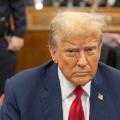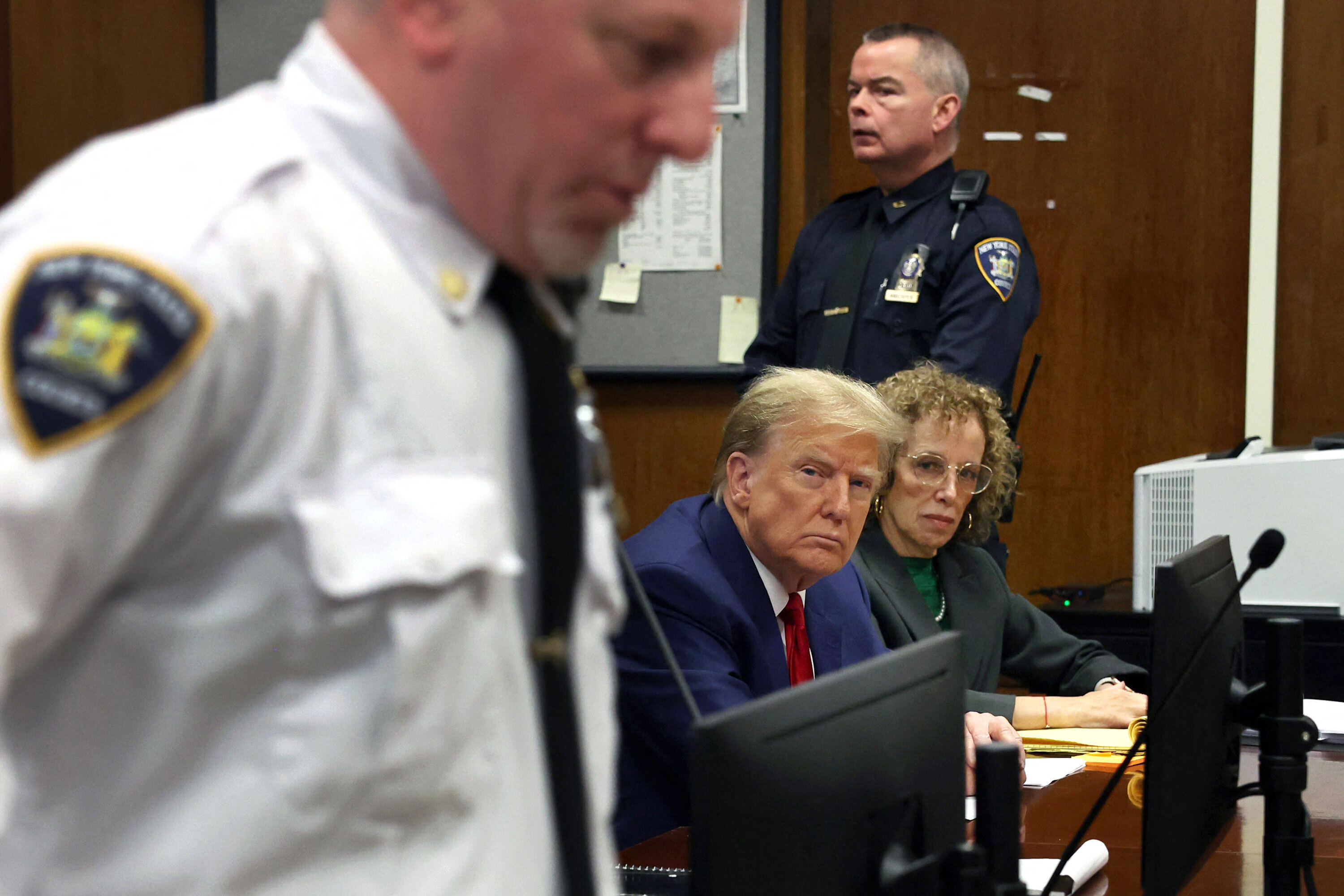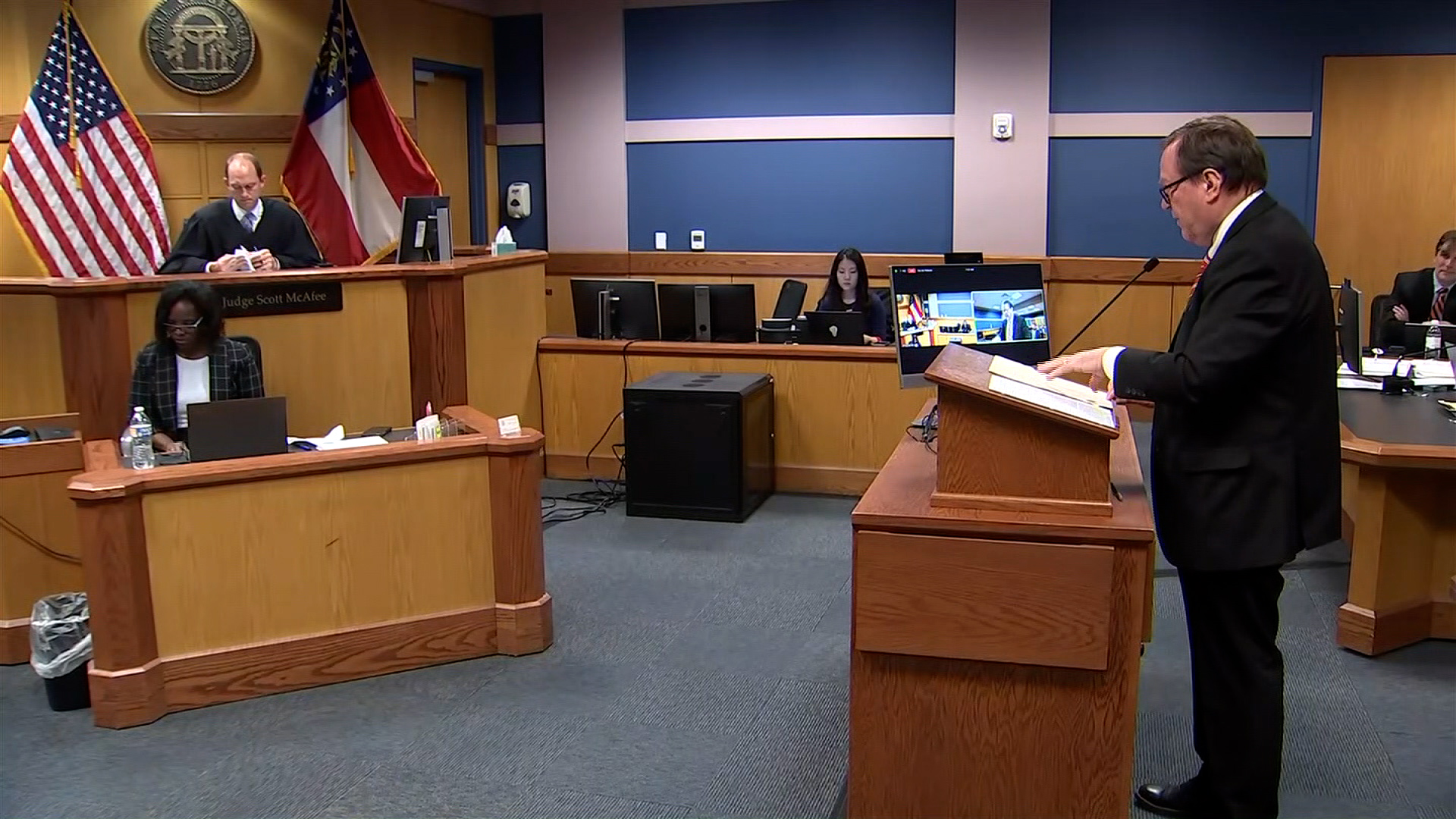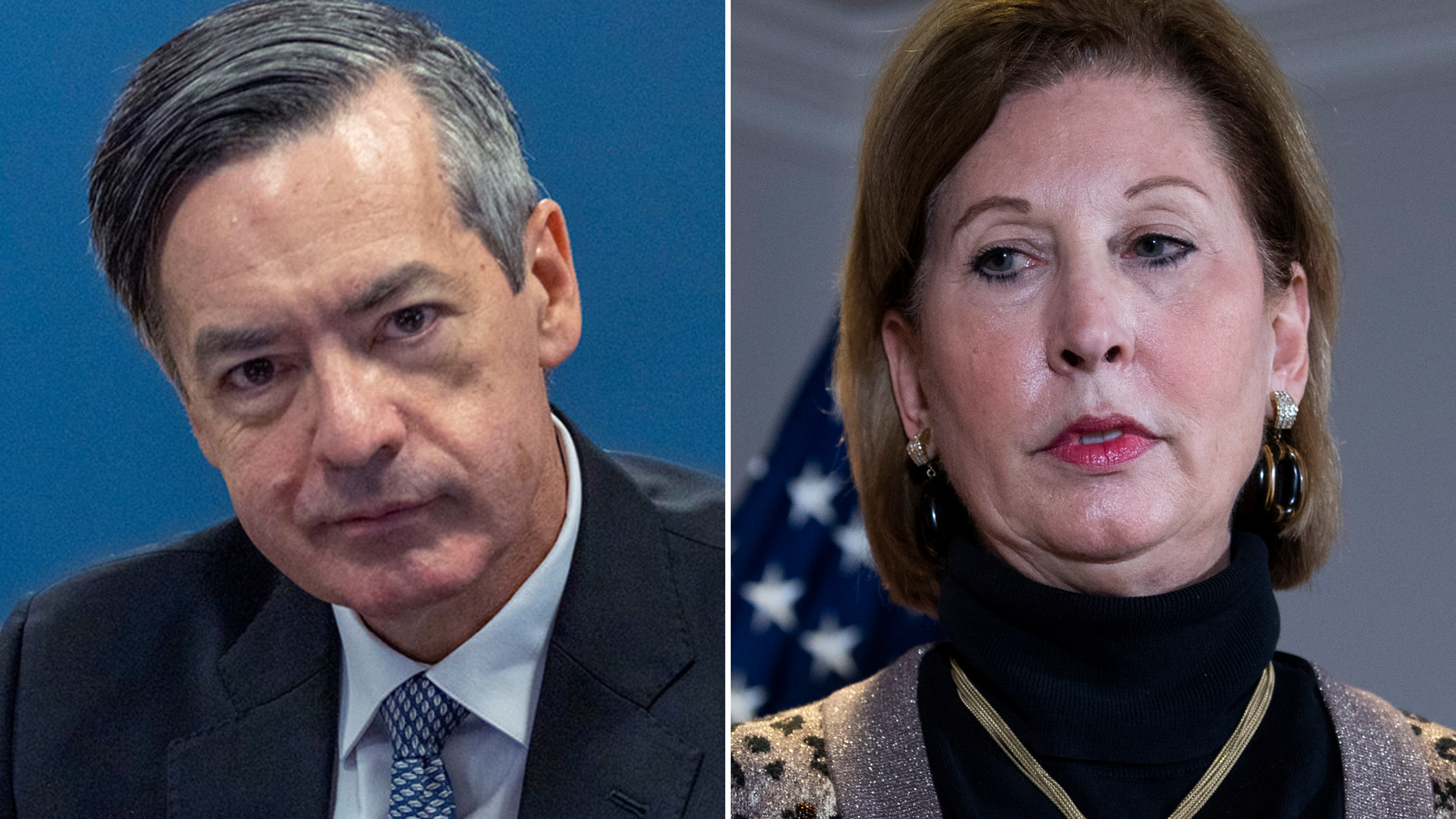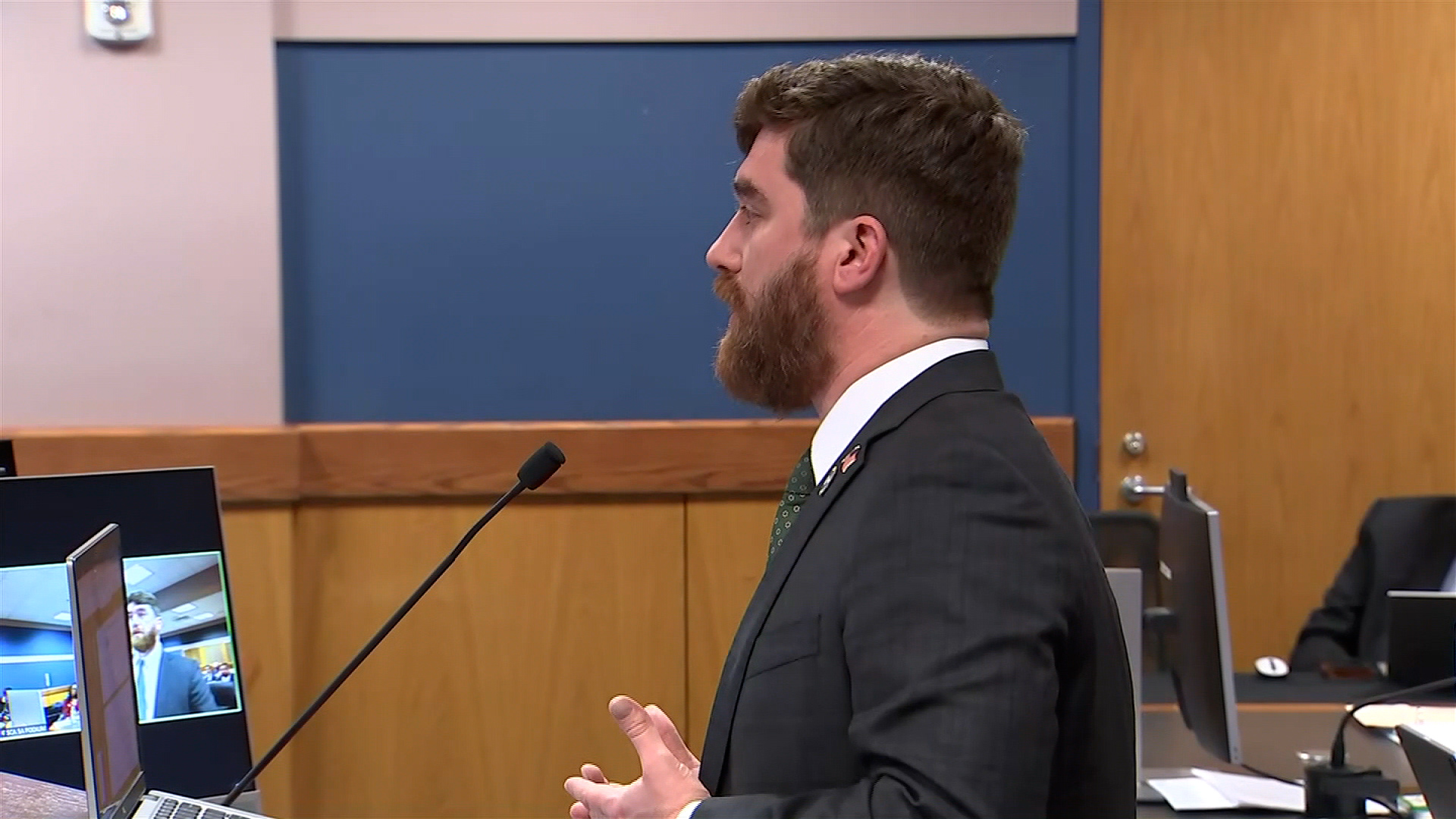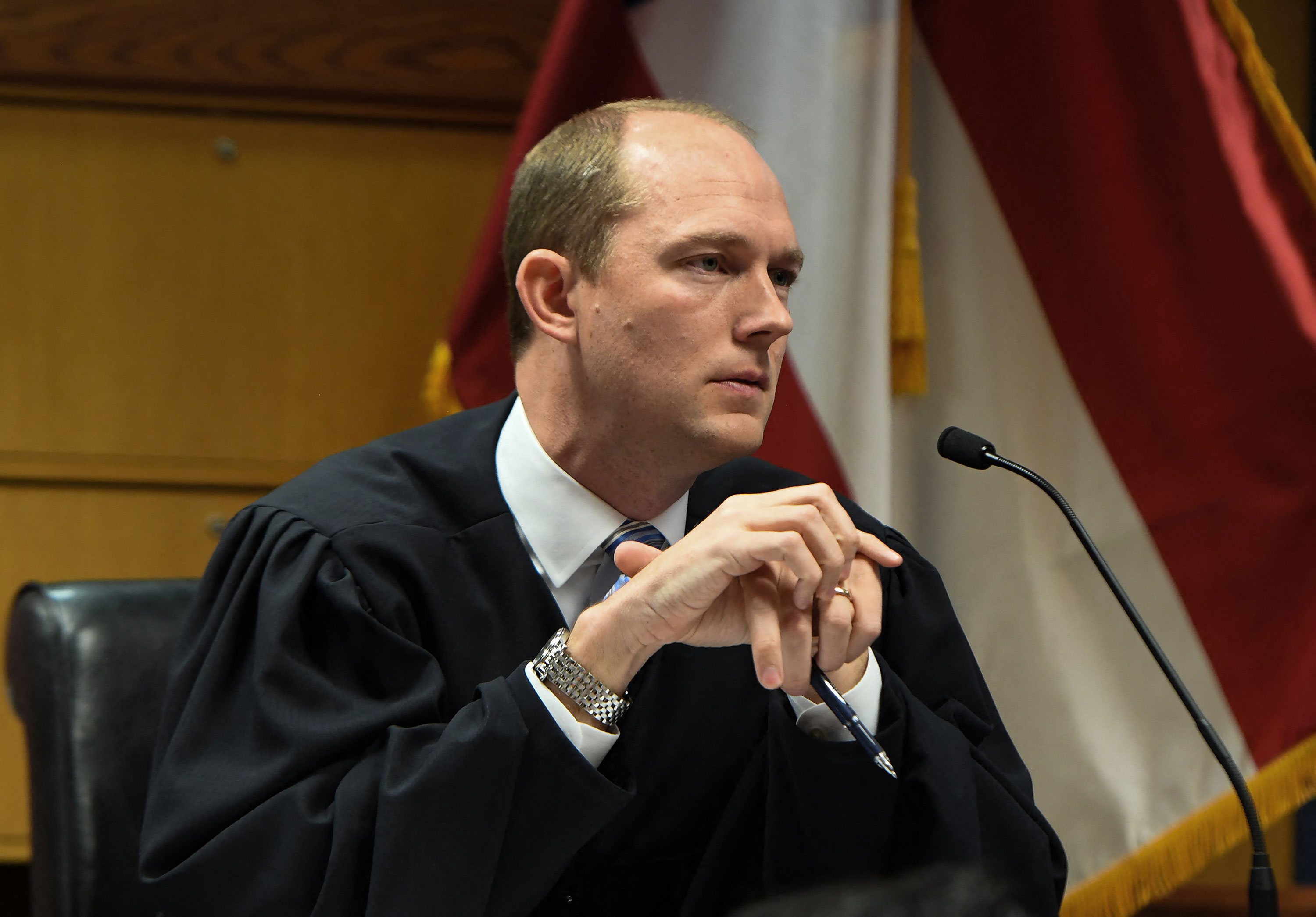
The hearing in Fulton County, Georgia, over efforts to dismiss the state election subversion case against Donald Trump and his co-defendant David Shafer on First Amendment grounds concluded after nearly two hours of arguments.
The judge did not rule from the bench, nor did he say when he would rule. The Georgia case is one of four criminal cases Trump is facing while his 2024 presidential campaign is underway — and the stakes are high for the former president and the country.
Here's a recap of what each side said during today's hearing:
Trump's attorney: Trump attorney Steve Sadow argued that the former president's statements about the 2020 presidential election in Georgia are "core political speech” and he therefore cannot be prosecuted. The attorney repeatedly argued that the charges against Trump should be dropped because his actions alleged in the indictment were protected under the First Amendment. Sadow also claimed that Fulton County prosecutors cannot prosecute the former president only on the basis that his allegations were “false.”
Fulton County prosecutors: Donald Wakeford, a prosecutor with the Fulton County district attorney’s office, said that it was “premature to consider” First Amendment arguments and that such arguments should be put before a jury during trial. Wakeford added that all the communication from Trump in the indictment related to charges in the case are not protected by the First Amendment. Wakeford pushed back on Trump’s argument that his false claims were protected, saying that his lies furthered a criminal conspiracy. “He’s never been prosecuted for lying,” Wakeford said. “He’s been prosecuted for lying to the government.” The prosecutor also pointed to a federal judge’s ruling against Trump's First Amendment argument in the parallel election subversion case in DC.
Shafer's attorney: Craig Gillen, an attorney for Shafer, the former chair of the Georgia Republican Party who allegedly acted as a 2020 fake elector in the state, disputed the allegation in the indictment that Shafer was not a “duly” appointed elector. Gillen also put forth an argument that other co-conspirators have also raised in the case: that they were merely following legal advice.
No trial date yet: A trial date has not been set, but the Fulton County District Attorney Fani Willis still hopes to go to trial before the November election. Willis previously asked for the trial to start in August, and said she may re-up that request. Earlier this week, a judge ruled Trump's criminal hush money trial will start in April 15.
With reporting from CNN’s Hannah Rabinowitz and Holmes Lybrand.


